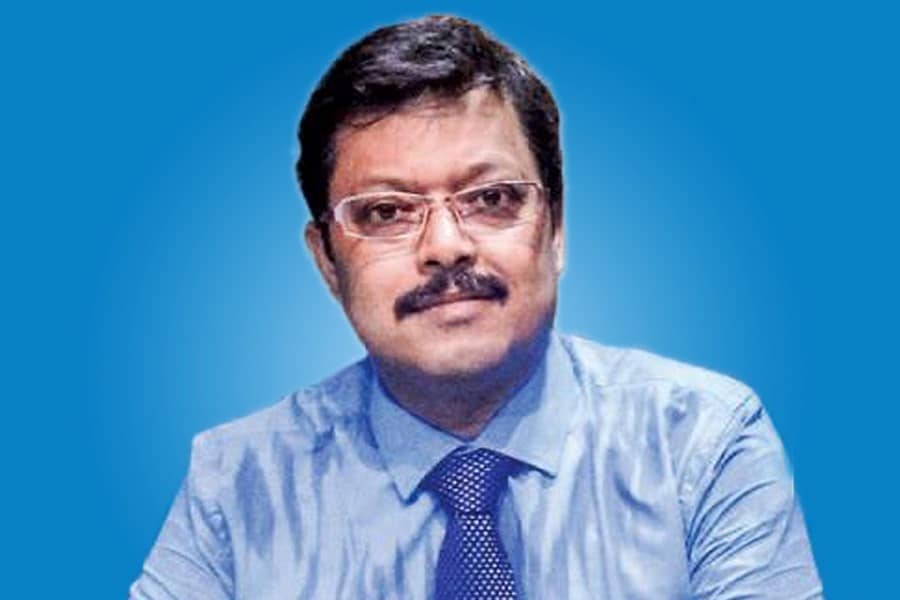
Covid and Mental Health
Public health emergency surely contributes to widespread emotional distress and increased risk for psychiatric illness associated with Covid-19

Public health emergency surely contributes to widespread emotional distress and increased risk for psychiatric illness associated with Covid-19. Health care providers have an important role in addressing these emotional outcomes as part of the pandemic response.
It may influence the health, security, and prosperity of both people and communities. These impacts may convert into a scope of emotional responses (trouble or mental conditions), undesirable practices, (extreme substance use), and rebelliousness with public health mandates, (home constrainment and inoculation) in individuals who contract the sickness and in everyone.
A few groups might be more powerless than others to the psychosocial impacts of pandemics. Specifically, individuals who contract the infection, those at greater risk (elderly, people with low immunity, and those living or getting care in gather settings), and individuals with previous clinical, mental, or substance use issues are at expanded danger for unfavorable psychosocial results. Medical care suppliers are additionally helpless against emotional distress in the current pandemic, given their danger of introduction to the infection, worry about contaminating and thinking about their friends and family, deficiencies of personal protective equipment (PPE) and longer work hours. Prevention efforts, such as, screening for mental health problems, psychoeducation, and psychosocial backing should focus on these and different gatherings in danger for adverse psychosocial results.
Burden of the disease itself, mass home-confinement mandates (stay-at-home requests, isolate, and disconnection) are new to the people and raise worry about how individuals will respond independently and all things considered. An ongoing audit of mental illness history in tests of isolated individuals and of medical care suppliers might be informational; it uncovered various emotional results, including stress, depression, irritability, insomnia, fear, confusion, anger, frustration, boredom, and stigma associated with quarantine, some of which persisted after the isolate was lifted. Explicit stressors included greater duration of confinement, having inadequate supplies, difficulty securing medical care and medications, and resulting financial losses. In the current pandemic, the home isolation of enormous areas of the populace for uncertain periods, contrasts among the stay-at-home requests gave by different wards, and clashing messages from government and general wellbeing specialists will in all probability escalate distress.
Instruction and preparing with respect to psychosocial issues should be given to healthcare frameworks, people on call, and medical care experts. The mental health and emergency management communities should cooperate to distinguish, create, and spread evidence based resources related to disaster mental health, psychological wellness emergency and referral, needs of unique populaces, and passing notice and deprivation care. Risk communications efforts should anticipate the complexities of rising issues, for example, prevention mandates, vaccine accessibility and availability, and required proof based interventions pertinent to pandemics and should address a scope of psychosocial concerns. Psychological well-being experts can help create messages to be conveyed by trusted leaders.
The Covid-19 pandemic has disturbing ramifications for individual and aggregate health, emotional and social working. In addition to giving clinical care, effectively extended medical services suppliers have a significant function in observing psychosocial needs and conveying psychosocial support to their patients, medical services suppliers, and general society — activities that should be coordinated into general pandemic medical care.




